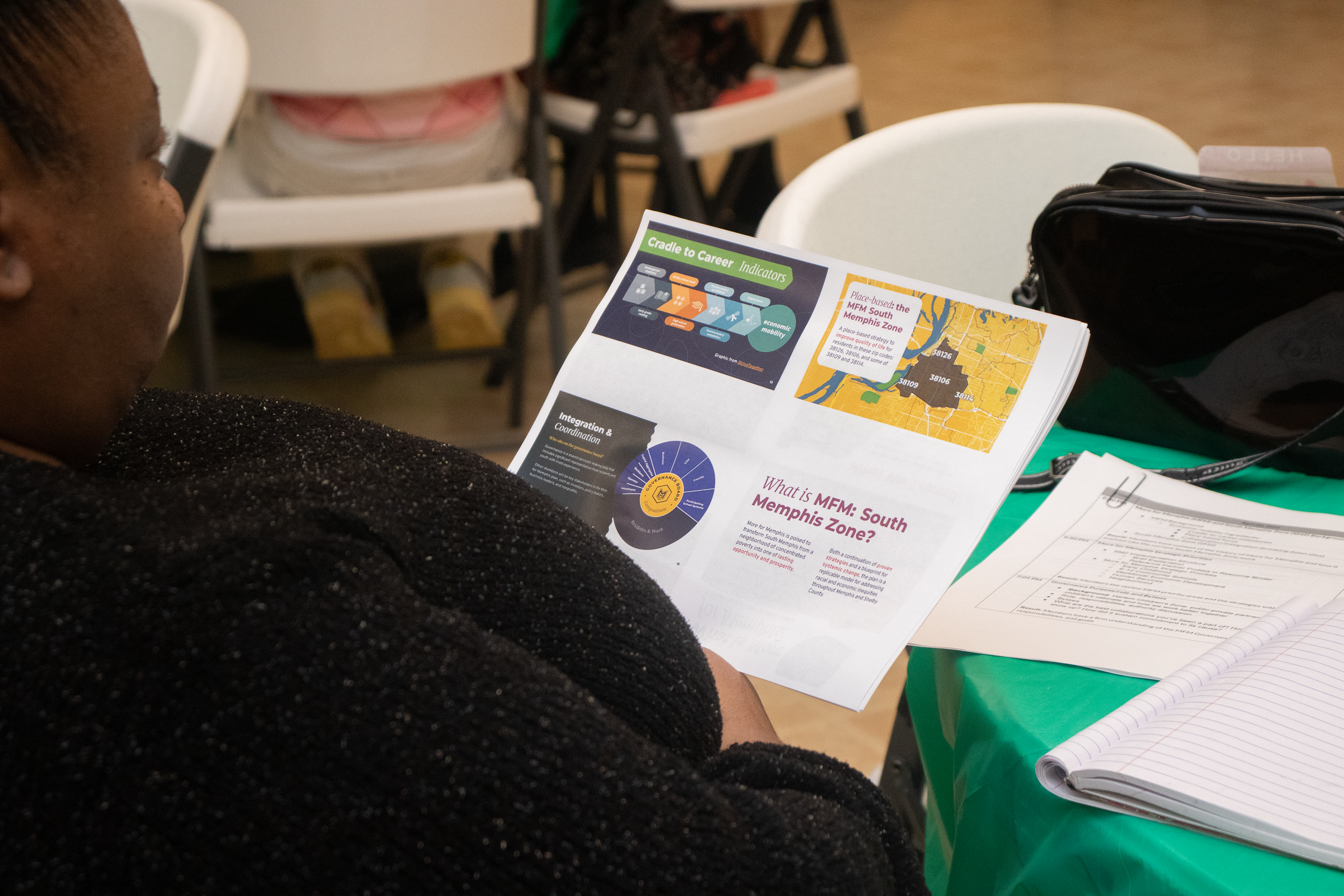
Redevelopment: Beale Street and the Northside Square Project
Amidst the twisting roller coaster of major news surrounding the Grizzlies, you may have missed an even more consequential announcement affecting the future of the team. Last week, the Downtown Memphis Commission (DMC) announced that it had been awarded $74 million from the state of Tennessee for the purposes of improving the Beale Street corridor. According to the Daily Memphian, the money will be used to improve public safety and generally uplift the perception of downtown for residents and businesses alike.
It got us thinking: What does good development look like? How does it help the people who live in the areas where it is happening? How do we ensure that residents are not displaced by development or revitalization efforts? Where should we be targeting investments in Memphis?

Back in Nash
The Tennessee General Assembly opened its 2026 session this week during a time of growing economic anxiety. During this session, bills around cutting taxes including the grocery tax are top of mind for legislators to alleviate the financial burdens families face.
Some other issues we will see them address include childcare, school vouchers, state intervention in Memphis-Shelby County Schools, and immigration.

Shelby County’s New Year’s Resolutions
If you’re anything like us, you’re struggling to stick to your New Year’s resolutions, and it’s hardly been a week. That’s because it’s way easier to carry on the status quo than to make important, difficult changes to your life. Memphis is the same way—our local governments, education systems, nonprofits, and budgets can easily fall into the same playbook year-in and year-out.
Just like our personal resolutions, we won’t achieve our community resolutions without a plan. While we still face low educational outcomes, entrenched poverty, and a myriad of other challenges, a set of shared resolutions and commitments across our efforts can begin to change how we support our children and families in 2026.

Study Confirms: Community Schools Are Great!
A recent study from Harvard and Cornell Universities evaluates the impact of Communities In Schools (CIS), the nation’s largest integrated student support program, on students in high-poverty schools. Researchers found that providing personalized and coordinated supports (otherwise known as Full-Service Community Schools) leads to significant improvements in academic performance, high school graduation rates, and early-career earnings for students at highest risk.
So what about Memphis?

A Brief History: Pell Grants & the Short-Term Training Debate
For more than 50 years, the federal Pell Grant has helped millions of undergraduates afford associate and bachelor’s degrees. But until now, Pell could not be used for short-term training programs. With the passage of the One Big Beautiful Bill Act in July 2025, Congress created a new Workforce Pell Grant program that expands Pell access to short, workforce-focused programs while adding unusually strong performance guardrails.
In this update, we explain the new Workforce Pell Grant and how Shelby County can take advantage of the change to make sure local families actually gain living-wage work.
